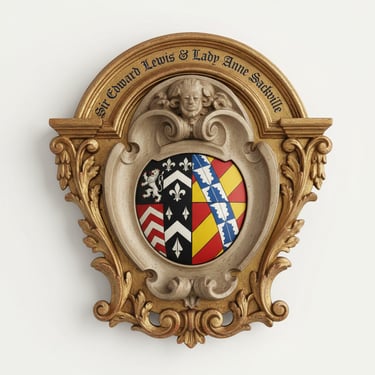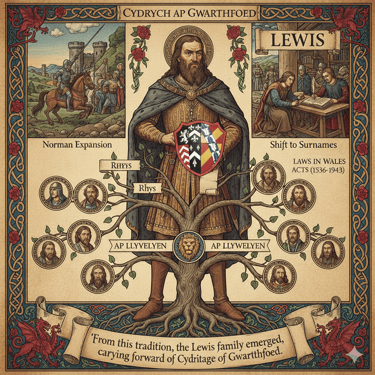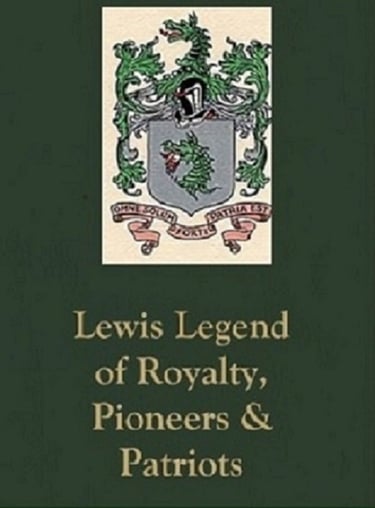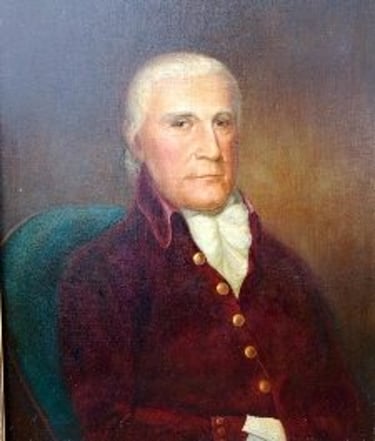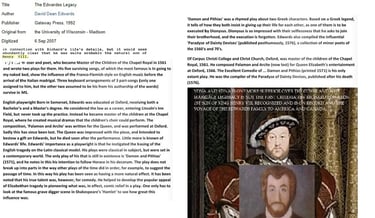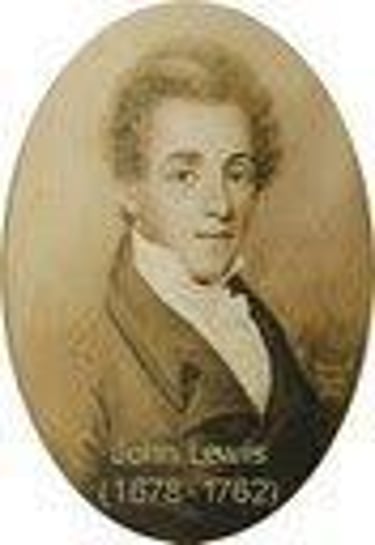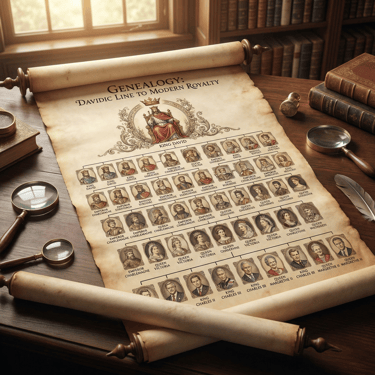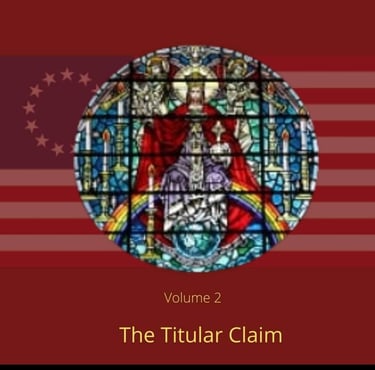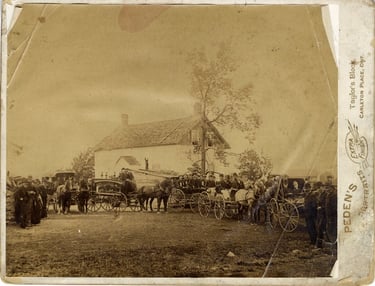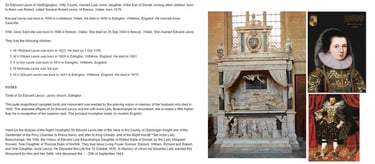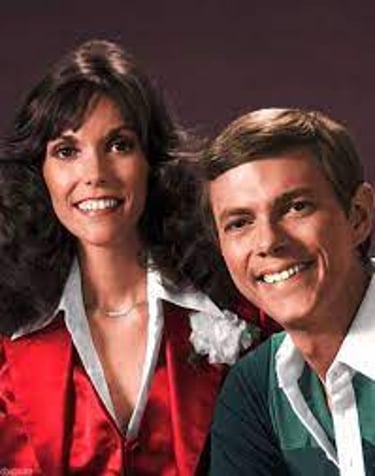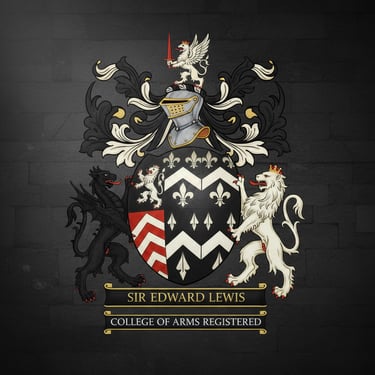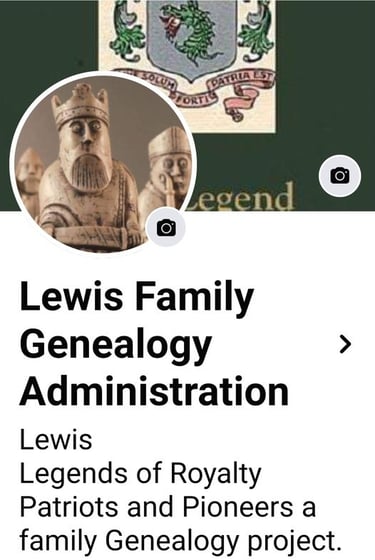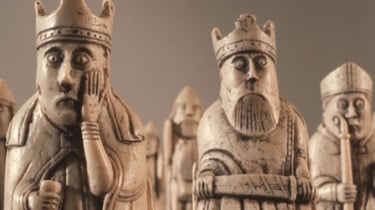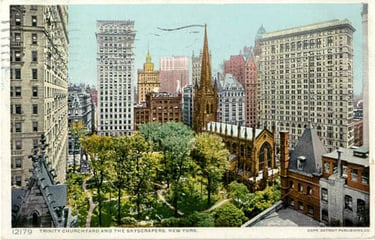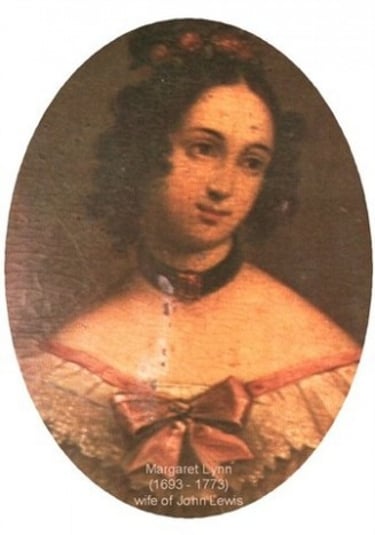William Lewis MP: A Brief Biography
Property & marriage context used by historians: Sources summarize that his 1649 marriage to Margaret Banastre (of Boarstall, Buckinghamshire) enabled purchase of the Bletchingdon (Bletchington) estate in 1656. You can see Bletchingdon’s manor history in standard references and the Devizes-MP biography repeats these points. Bletchingdon''s Manor is image inset
8/15/20253 min read


William Lewis MP & Margaret Banastre
Early Life and Background
William Lewis, a notable figure in English history, was the second son of Sir Edward Lewis of The Van, located in Glamorgan, and his wife, Anne Sackville. The genesis of his life is significantly marked by his familial lineage, which had a profound influence on his later political engagements. His early years were shaped by the values instilled in him by his parents, which paved the way for his illustrious career in public service.
Property & marriage context used by historians: Sources summarize that his 1649 marriage to Margaret Banastre (of Boarstall, Buckinghamshire) enabled purchase of the Bletchingdon (Bletchington) estate in 1656. You can see Bletchingdon’s manor history in standard references and the Devizes-MP biography repeats these points.
Education and Formative Years
In 1638, at the young age of approximately 14, William Lewis matriculated at Jesus College, Oxford. This pivotal moment of entry into one of the preeminent universities in England set the stage for his intellectual development and future endeavors in politics. His time at Oxford would not only educate him academically but also cultivate his understanding of governance, law, and civic responsibility, essential traits for his later roles in public administration.
Political Career and Contributions
William Lewis's political career was marked by his appointment as a commissioner for assessment and militia for Oxfordshire, positions that underscored his commitment to public service and local governance. Additionally, he served as a justice of the peace (JP) and held the position of deputy lieutenant, showcasing his active involvement in local affairs and military assessments during a tumultuous period in England's history. Through these roles, he demonstrated leadership qualities and unwavering dedication to the welfare of his community and beyond.
Tragically, Lewis's life was cut short when he passed away in 1661 at the age of approximately 35. His untimely death marked the end of a promising political journey. Nevertheless, the contributions he made during his short life left an indelible mark on the landscape of local governance in his region. His active participation in civic duties and local administration set a precedent for future generations of public servants in Oxfordshire and beyond.
In conclusion, William Lewis MP remains a significant historical figure whose life, though brief, is characterized by active engagement in public service and a commitment to his community. From his solid roots in Glamorgan to his educational achievements at Oxford, and his contributions through various governmental roles, Lewis exemplified the virtues of leadership and dedication during a formative period of English history.
Parliament Proofs
Constituency List: Devizes in the 1660 Convention Parliament
According to the historical record:
In March 1660, the borough of Devizes (Wiltshire) returned two MPs:
William Lewis
Robert Aldworth
Academic Dictionaries and Encyclopedias
This listing comes from the reconstructed constituency tables, and is considered a reliable reference for the composition of the Convention Parliament.
The History of Parliament confirms that William Lewis, son of Sir Edward Lewis, served in the House of Commons in 1660 for Devizes. He had been active as a county commissioner and militia officer for Oxfordshire before his election.
William Lewis, MP (c. 1625–1661)
Son of Sir Edward Lewis (of Van & Edington Priory) and Lady Anne Sackville, daughter of the 2nd Earl of Dorset.
Educated at Jesus College, Oxford; inherited estates in 1647.
Married Margaret Banastre in 1649; her dowry funded Bletchington Estate.
Served as MP for Devizes (1660), Justice of the Peace, and Deputy Lieutenant for Oxfordshire.
Died 1661; buried at St Giles Churchyard, Bletchingdon.
Links:
Wikipedia (William Lewis, MP): https://en.wikipedia.org/wiki/William_Lewis_(MP_for_Devizes)
Wikitree Profile: https://www.wikitree.com/wiki/Lewis-2640
Find A Grave: https://www.findagrave.com/memorial/182538620/william-l-lewis
Robert Sackville, 2nd Earl of Dorset (maternal grandfather): https://en.wikipedia.org/wiki/Robert_Sackville,_2nd_Earl_of_Dorset
Jesus College, Oxford: https://en.wikipedia.org/wiki/Jesus_College,_Oxford
Margaret Banastre (d. 1666)
Daughter of Lawrence Banastre of Boarstall, Buckinghamshire.
Married William Lewis in 1649; children included Edward Lewis (MP), Mary Lewis, and Elizabeth Lewis.
After William’s death, remarried Charles Stewart, 3rd Duke of Richmond, cousin of King Charles II.
Died in 1666, linked to the Stuart royal court through her second marriage.
Links:
Wikitree Profile: https://www.wikitree.com/wiki/Lewis-2640
Charles Stewart, 3rd Duke of Richmond: https://en.wikipedia.org/wiki/Charles_Stewart,_3rd_Duke_of_Richmond
Heritage
Explore the legacy of the Lewis family.
Contact us
© 2025. All rights reserved.
Visit Our Facebook Page
